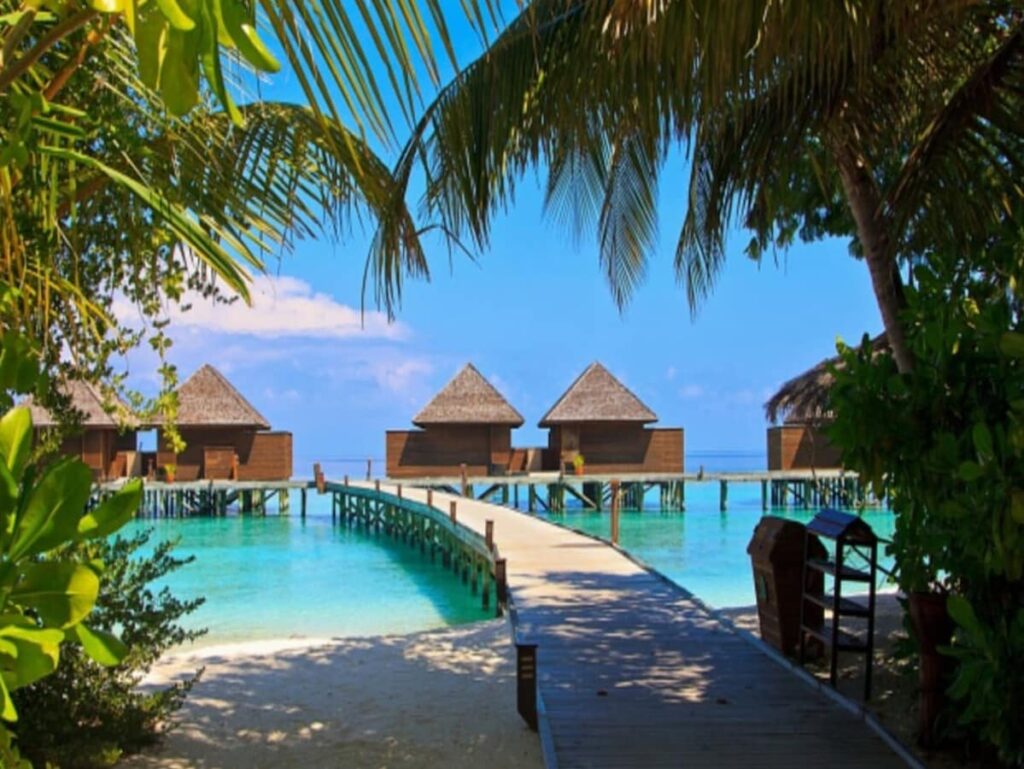Recently, the political dynamics between India and the Maldives have taken an interesting turn following Prime Minister Narendra Modi’s visit to Lakshadweep. This visit has ignited discussions and, subsequently, controversies led by remarks made by three Maldivian ministers that were deemed offensive towards Modi. This article delves into the implications of these comments on India-Maldives relations, the context of Modi’s visit, and the broader geopolitical landscape in the region.
Context of Modi’s Visit to Lakshadweep
Prime Minister Narendra Modi’s visit to Lakshadweep aimed to enhance connectivity and boost tourism in the islands, which are a part of India. Lakshadweep’s strategic location in the Arabian Sea makes it significant not only for tourism but also for maritime security. Modi’s government is focused on empowering the islands economically and promoting them as a tourist destination, further strengthening India’s presence in the Indian Ocean region.
Diplomatic Dialogue and Political Tensions
The comments made by the Maldivian ministers following the visit have raised eyebrows and prompted reactions from various political spheres. The remarks, interpreted as disrespectful, have the potential to strain diplomatic relations. It is essential to understand the historical context of Indo-Maldivian relations, which have had their share of ups and downs.
Historical Overview of India-Maldives Relations
| Year | Event |
|---|---|
| 1988 | Indian intervention to thwart a coup attempt in Maldives. |
| 2008 | Democracy restored in Maldives after years of authoritarian rule. |
| 2013 | Political turmoil leads to a change of government. |
| 2018 | New government in Maldives seeks to repair ties with India. |
| 2021 | Strengthening of defense and economic cooperation agreements. |
Impact of the Ministers’ Comments
The controversial remarks by the Maldivian ministers can have several implications. Firstly, they could lead to a cooling of diplomatic relations, which may affect economic deals and cooperative ventures between the two nations. Secondly, such comments could encourage populist rhetoric within Maldives, leading to a shift in public perception regarding India.
Responses from Indian Officials
Indian officials have historically emphasized the importance of maintaining friendly ties with neighboring countries. However, they have also made it clear that offensive remarks towards India or its leaders will not be taken lightly. The foreign ministry’s apt handling of the situation can be pivotal in mitigating potential fallout.
Broader Geopolitical Implications
The Indian Ocean region is witnessing an increase in Chinese influence, often seen as a competing factor against India’s interests. Strengthening ties with the Maldives is part of India’s broader strategy to counterbalance this influence. The comments from Maldives serve as a reminder of the delicate balance that India must navigate in its foreign policy.
Conclusion
The political remarks made by Maldivian ministers post-Modi’s visit bring to the forefront the complex nature of international relations in South Asia. While the economic and strategic ties between India and the Maldives are significant, the sensitivity of political statements can have far-reaching effects. Ongoing diplomatic efforts will be crucial to preserve and enhance the relationship, ensuring that mutual interests prevail over conflicts arising from political rhetoric.
